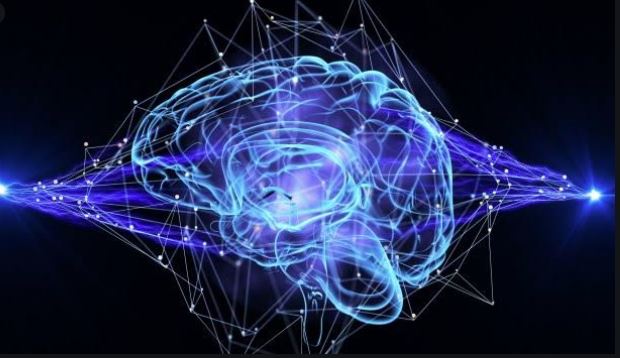Researchers from Indian Institute of Technology (IIT) Madras have developed an Artificial Intelligence technology to convert brain signals of speech impaired humans into language. The other major application for this field of research is that the researchers can potentially interpret nature’s signals such as plant photosynthesis process or their response to external forces, the institute said in a press release.
A team of researchers lead by Vishal Nandigana, assistant professor, Fluid Systems Laboratory, Department of Mechanical Engineering, is working on this area of research.
Electrical signals, brain signal or any signal, in general, are waveforms which are decoded to meaningful information using physical law or mathematical transforms such as Fourier Transform or Laplace transform. These physical laws and mathematical transforms are science-based languages discovered by renowned scientists such as Sir Isaac Newton and Jean-Baptiste Joseph Fourier.
Elaborating on this research, Nandigana said, “The output result is the ionic current, which represents the flow of ions which are charged particles. These electrically driven ionic current signals are worked on to be interpreted as human language meaning speech.”
“This would tell us what the ions are trying to communicate with us. When we succeed with this effort, we will get electrophysiological data from the neurologists to get brain signals of speech impaired humans to know what they are trying to communicate.”
The other major application of this field of research potentially is that can it interpret nature’s signals, like plant photosynthesis process or their response to external forces when their real data signal is collected. “The big breakthrough will be can we interpret what plants and nature is trying to communicate to us. This will help in predicting monsoons, earthquake, floods, Tsunami and other natural disasters using our Artificial Intelligence and Deep Learning algorithms,” said Nandigana.








